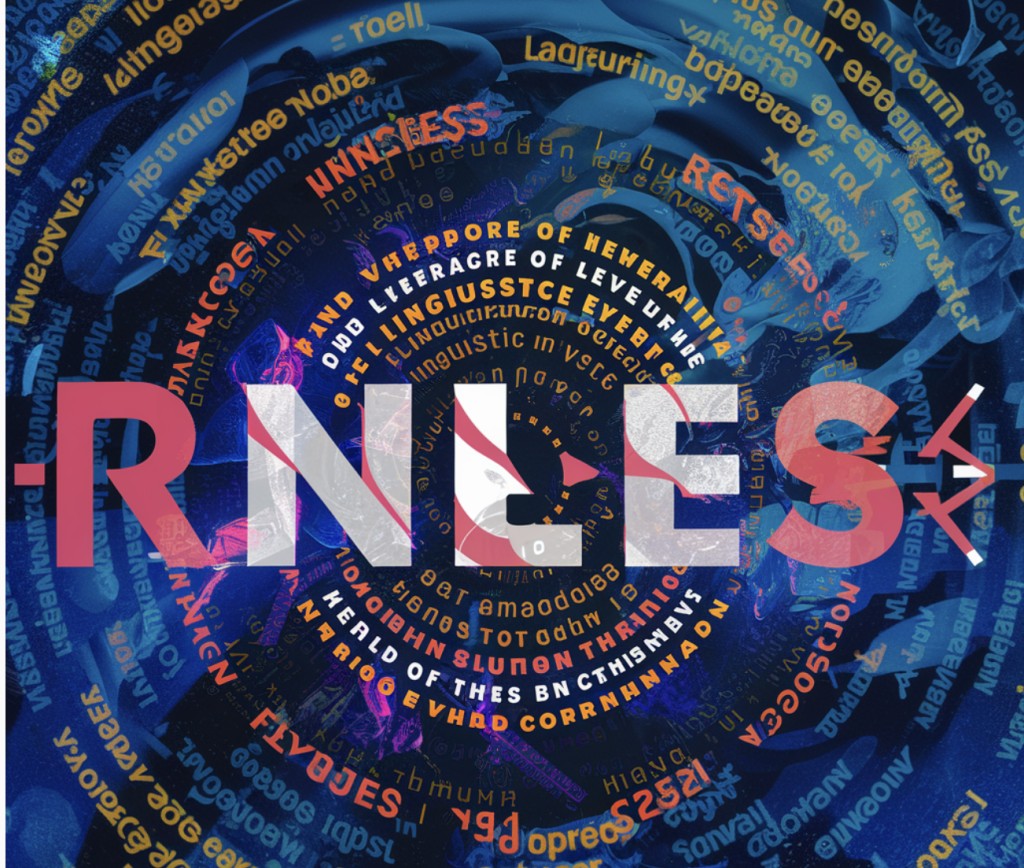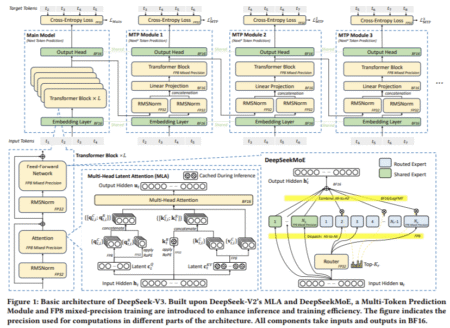With the significant advancement in the fields of Artificial Intelligence (AI) and Natural Language Processing (NLP), Large Language Models (LLMs) like GPT have gained attention for producing fluent text without explicitly built grammar or semantic modules. Even though these models show impressive language generating capabilities, linguistic insights are still necessary for NLP.
In a recent study, a team of researchers from the University of Zurich and Georgetown University has examined how linguistic knowledge is still crucial and how it might lead NLP research in the future in a number of important areas that the acronym RELIES highlights. The RELIES framework encapsulates six major facets where linguistics contributes to NLP, which are as follows.
Resources: Lexicons, annotated corpora, and linguistic databases are only a few of the vital resources NLP that linguistics has made possible. These resources capture the linguistic subtleties, syntactic patterns, and semantic relationships that are essential for NLP model evaluation and training. For LLMs to be successful, linguistic knowledge guarantees that these resources are thorough, precise, and representative of the fundamental structure of human language.
Evaluation: When creating assessment tasks and metrics to gauge how well NLP systems are performing, linguistic comprehension is essential. Beyond fluency, linguistic tasks like syntactic parsing, semantic role labeling, and discourse analysis offer standards to assess how resilient and successful language models are. Proficiency in language ensures that NLP assessments encompass not just performance at the surface level but also more profound linguistic issues.Â
Low-resource settings: Linguistic knowledge is essential for addressing issues with data scarcity and linguistic variance in linguistically varied or low-resource languages. The generalizability and inclusivity of NLP systems can be increased by using linguists’ expertise to direct the creation of efficient methods for adapting and transferring knowledge from languages with abundant resources to others with limited ones.
Interpretability: Complex NLP models, such as LLMs, can be more easily understood with the help of linguistic insights. Through the use of linguistic theories, scholars can examine the ways in which these models generate and process language, thereby revealing implicit tendencies and prejudices. By enhancing trust and usefulness, linguistic thinking makes it easier to design transparent and interpretable NLP systems.Â
Explanation: A deeper comprehension of the theoretical foundations of language processing in NLP systems is possible with the help of linguistic frameworks. The ability to construct and evaluate theories regarding language phenomena within computational models is made possible by linguistic expertise, which closes the gap between theoretical linguistics and real-world NLP applications.
Study of language: Linguistic expertise is essential to developing NLP’s language study. Linguistic theories and procedures are useful for traditional computational linguistics tasks, including discourse modeling, syntax parsing, and semantic analysis. Linguistic thinking propels innovation in NLP research by studying new linguistic phenomena and developing creative methods for language understanding.
In conclusion, even if LLMs show remarkable language-generating abilities, linguistic experience will always be necessary for the advancement of NLP. The RELIES framework highlights the mutually beneficial interaction between linguistics and machine systems and emphasizes the continuing significance of linguistic insights across many NLP elements. In addition to enhancing NLP research, linguistic reasoning creates new opportunities for comprehending and utilizing the intricacies of human language in computing settings.Â
Check out the Paper. All credit for this research goes to the researchers of this project. Also, don’t forget to follow us on Twitter. Join our Telegram Channel, Discord Channel, and LinkedIn Group.
If you like our work, you will love our newsletter..
Don’t Forget to join our 42k+ ML SubReddit
The post Leveraging Linguistic Expertise in NLP: A Deep Dive into RELIES and Its Impact on Large Language Models appeared first on MarkTechPost.
Source: Read MoreÂ

